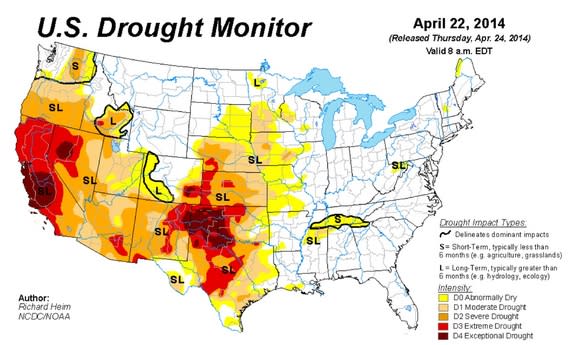Yes, they will hear them. But if they then google what the deniers say, and it is complete bullshit, then their conclusion will likely be "hmm, another Internet idiot." If they google what the deniers say, and find the 1970 claims of ice age Armageddon, and Billy's claims that "about half of humanity [might] die in less than a month" they will think "hmm, they're right; those supposed 'climate scientists' do say some stupid things."And those people will hear such arguments from deniers regardless of how people genuinely discussing issues edit themselves.
Most people are pretty good at detecting bullshit.
But clearly stating facts, rather than supposition, is most certainly not in vain. Indeed, it is the ideal that we expect deniers to hew to, and the ideal that we should hold ourselves to as well.So editing actual discussion, in an attempt to prevent misrepresentation by deniers and the like, is vain.
Sure, they can be considered. We also might have a massive volcanic eruption that plunges us into 20 years of global cooling - and only our excess of CO2 will save us. That can also be considered, although that scenario is also very, very unlikely.So you are sure that such events are so very, very unlikely the possibility of them need not be even considered? You are completely sure of that?
Now imagine what you would say to a denier who claims "if a volcano erupts, only CO2 will save us from extinction!" I suspect you might take issue with his remarks.


